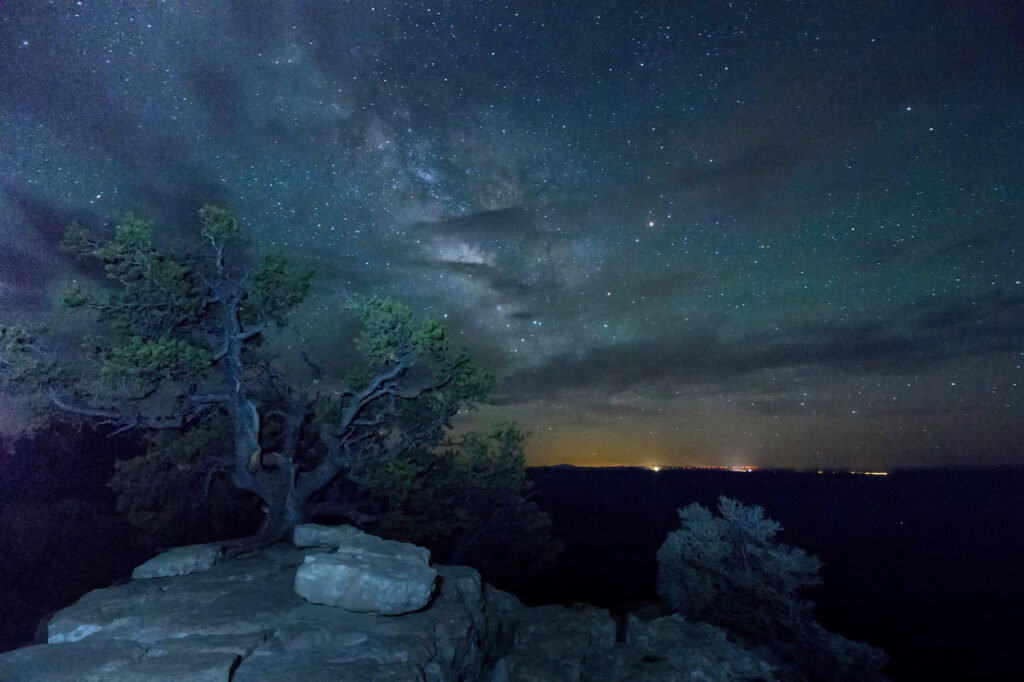The Dangers of Living in an Impoverished Ever-Malleable Present
My dog lives in the eternal present. It's OK for dogs to do so, but not OK for people. People need a sense of history to avoid the mistakes of the past. People need a foundation of hard-earned knowledge on which to make sense of the future or else they will not ever accomplish great things. Without a solid foundation of knowledge based on history, people will live like dogs.
Every record has been destroyed or falsified, every book rewritten, every picture has been repainted, every statue and street building has been renamed, every date has been altered. And the process is continuing day by day and minute by minute. History has stopped. Nothing exists except an endless present in which the Party is always right.
George Orwell - 1984

